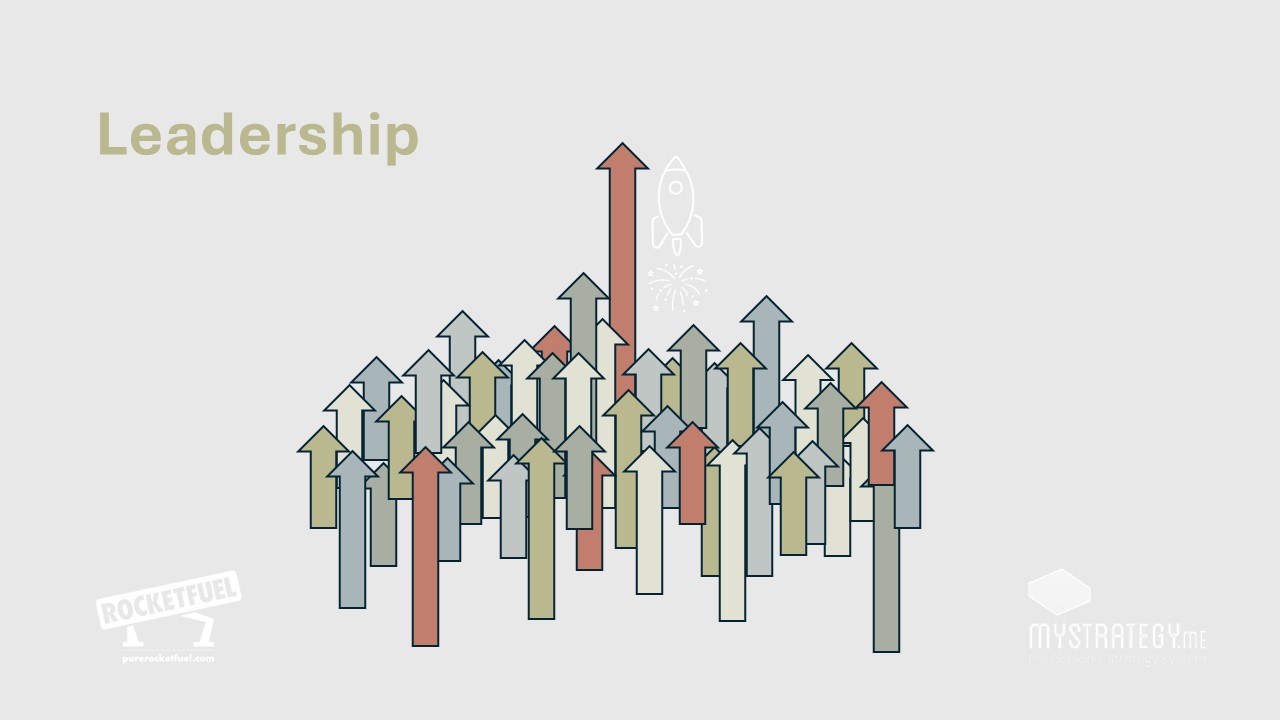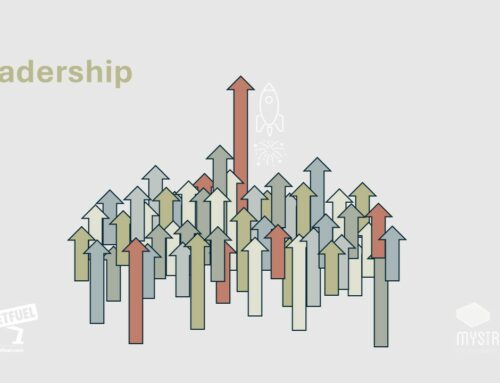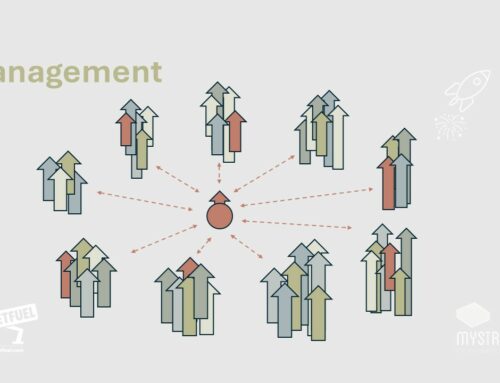
Sometimes joining in with (or passively rolling with) group decisions isn’t the best way, as it amounts to no more than Groupthink, reminds Leadership & Performance Coach, Davina Greene.
Have you ever been part of a group – work, family, social….any context, really – where you noticed that thinking differently or questioning things was very much frowned upon, causing you to either ‘become someone else’ or walk away? Or have you ever wondered about a political or corporate decision that only seemed to mainly benefit the decision-makers, and didn’t seem like true leadership for the good of the organization? If yes, you were quite possibly noticing groupthink.
What is Groupthink?
Groupthink, a term coined by social psychologist Irving Janis in the seventies, is about group decision-making. It happens when a group of people – often operating in isolation from others – unite to reinforce each other’s opinions. They also put pressure on prospective group members to conform to those same thoughts. Like the ‘herd instinct’, collective cohesion takes priority over independent thinking, with the potentially dangerous addition that collective benefit or comfort (perhaps wealth, prestige, and/or power…in different contexts that could be a salary grade, oil, an inheritance or an advantageous ‘family name’) is a key driver.
We are more likely to see it in situations where there is a very strong and persuasive leader, where the people in the group are too similar, where significant personal gain is likely, or where failures or external pressure (e.g. from the media or competitors) cause a group to bond even more tightly in its own defense.
In this age where we actively groom strong leaders who hold the possibility of reaching massive salary and bonus levels, where we hire and develop people to “fit” our organization, and where the worlds of marketing, PR and political spin have taken on a life of their own, can you see how we might be more susceptible to groupthink than ever before? You may find yourself wondering what made your neighbor go from “that nice lady who works in business” to “the executive who signed off on high-pressure selling of a complex product to the elderly” – something she would be hard pushed to defend to her own family at the dinner table.
Groupthink is, quite possibly, the answer. Individual responsibility very quickly goes out the window, alongside values, ethics, reality and “doing the right thing”. Entire areas of discussion can be overlooked in favor of what is wanted by the strongest person, or subgroup, at the table. Most of all, “playing along” can bring significant reward. Some develop a viewpoint of “I’ve made it. I have the title and the big salary and I’ll say just about anything to keep them”; others pine for those same perks and will say or do just about anything to get them in the first place.
The Negative Impacts of Groupthink
Make no mistake, the notion of groupthink is not anti-team. It does, however, discourage every participant from noticing when a group has stopped making sense. Which is worrying if it means an organization’s Management Team moving away from what is right, or even vaguely sensible, for the business and/or the people in it.
Where a group of people believe themselves invulnerable, put extreme effort into supporting their own beliefs and ignoring challenges, view others as The Enemy, pressurize people (through strong natural extroversion, or intended intimidation) into holding group views, and enjoy a world where people have learned to shield them from information they do not want to hear, you’re looking at groupthink.
Groupthink can cause an individual or an organization to lose its way, and can make any team far less effective than its individual parts. The real difficulty is, of course, in making people want to solve the groupthink problem. By definition, those on the inside are deriving significant benefit and comfort from it. Those on the outside are so excluded that they simply may not know that it is happening. To see, and point out, groupthink is difficult but necessary. Relying on regulators, auditors, observers and commentators is only part of the equation; being alert to it in your own environment is critical, too.
Know what groupthink is, in order to spot and challenge it. Then know your values, in order to know when you are being asked to compromise them. In that moment, which path you take is entirely up to you.
Tips for Managing Groupthink
- Consciously maintain independence of thought and values. Do you really agree with all decisions with which you are becoming associated?
- Notice when there is too much agreement, too fast.
- Notice when there are too many ‘yes-people’.
- Encourage a devil’s advocate approach to meetings and general discussions. Allow, and enjoy, reasonable conflict.
- Set decision-making rules: use a facilitator, bring in external experts, make the stronger voices wait until others have spoken…
Interested in investing in your own personal – and personal strategy – development? Check out www.MyStrategy.me!
Share This!
About the Author




